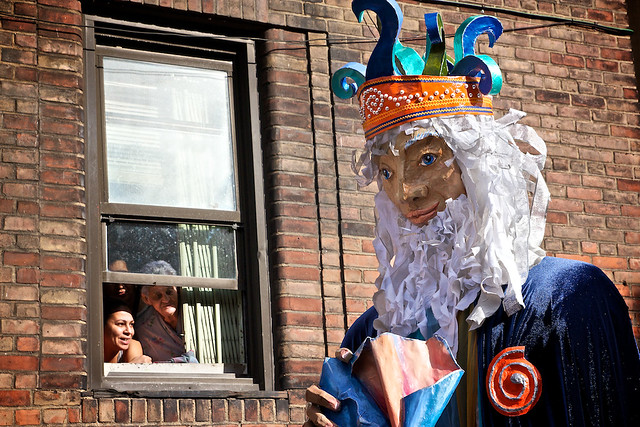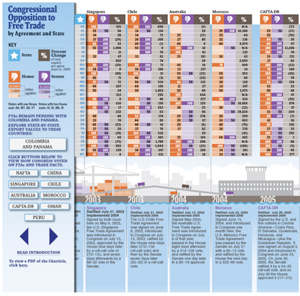Americas Quarterly | Right-Wing Populism Hasn’t Thrived in Mexico. Why?
/Eduardo Verástegui followed the playbook of right-wing, populist outsiders in his bid for Mexico’s presidency. The 49-year-old former pop singer and telenovela star turned Catholic activist built a social media following for his anti-abortion movement. A Trump ally, he brought a Conservative Political Action Conference event, or CPAC, to Mexico’s capital in 2022.
Verástegui traveled to Madrid to meet and smoke cigars with Vox’s Santiago Abascal, and attended Javier Milei’s inauguration in Argentina. “My fight is for life. My fight is for freedom,” he said, officially announcing his candidacy back in September. “It’s time to kick the same ones as usual out of power.”
But it turned out that he was too much of an outsider. On February 19, the country’s electoral agency, INE, announced an investigation into whether Verástegui illegally financed his campaign using foreign funds received from a Miami-based political consulting firm. He responded that the INE itself is corrupt—but, by January, his long shot independent bid for the presidency had already fizzled; he earned a small fraction of the signatures needed to appear on the June 2 ballot. It came as little surprise, given that Verástegui’s entertainment career, which more recently involved producing the far-right hit film Sound of Freedom, led him to spend years working in the United States and living in Miami—far from Mexico’s election circuit. And his postures, including a social media post in which he wielded a machine gun to threaten climate and LGBTQ+ activists, drew widespread derision and ridicule.
For many, his short-lived run felt like a dodged bullet—but it also raised a question. Why hasn’t a right-wing insurgent like Milei or Brazil’s Jair Bolsonaro gained a foothold in Mexico, a country perceived as socially conservative and home to the world’s second-biggest Catholic population?
Read More



